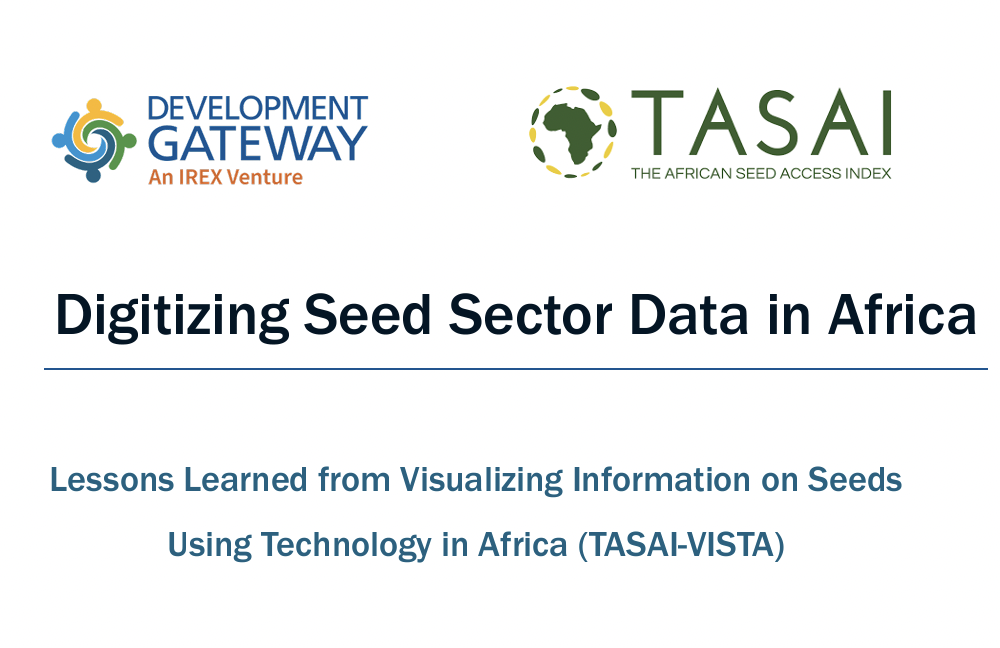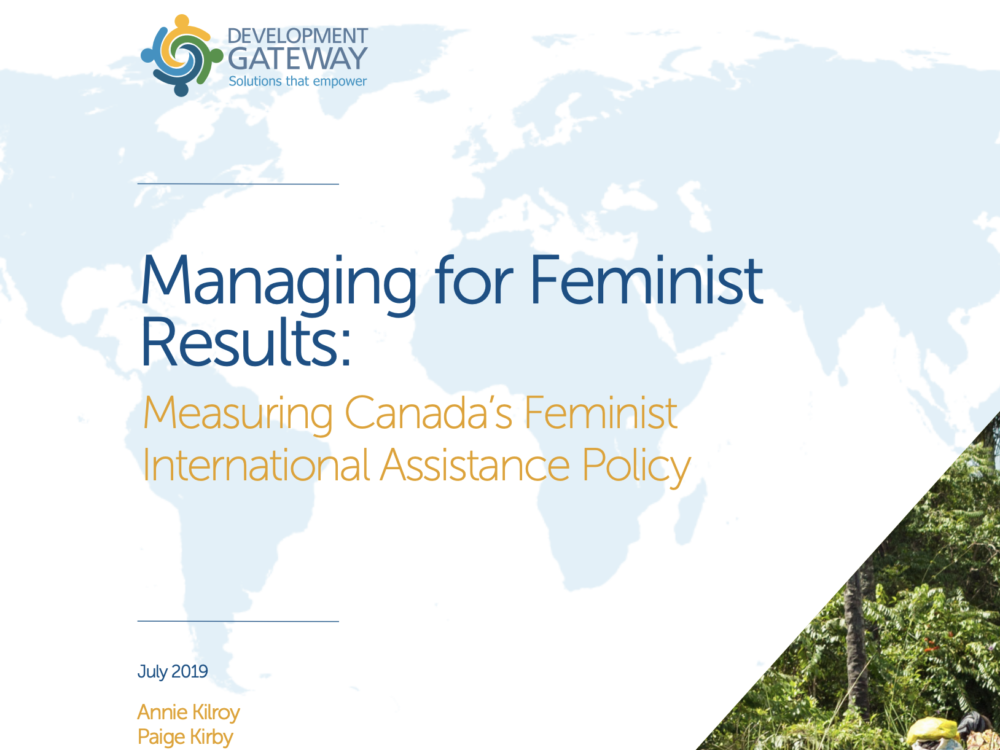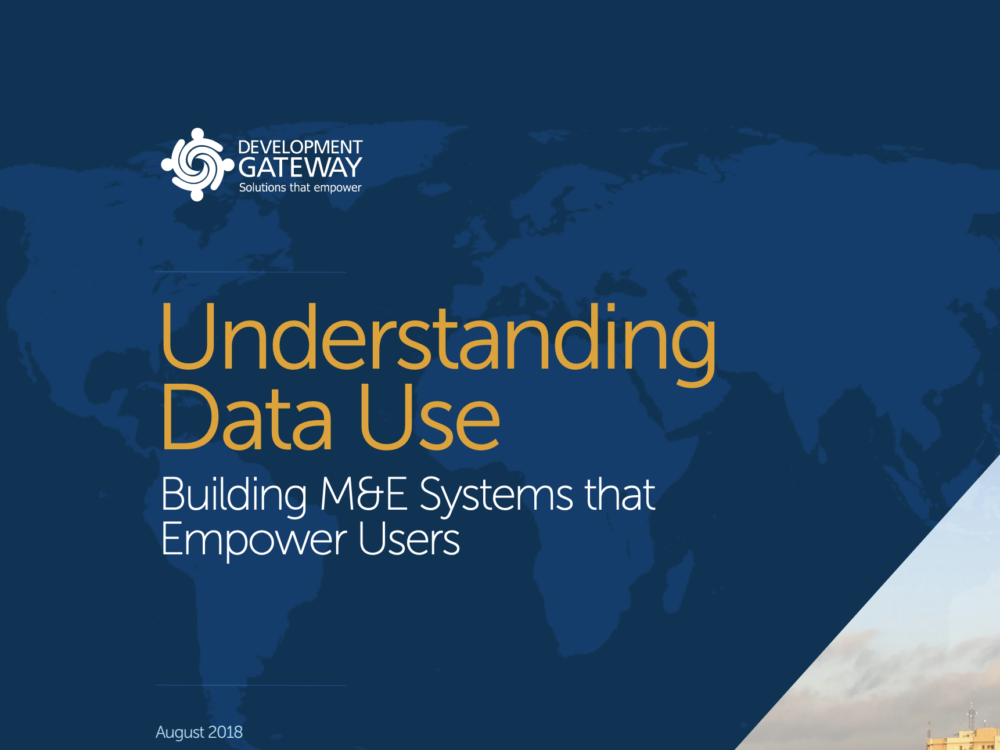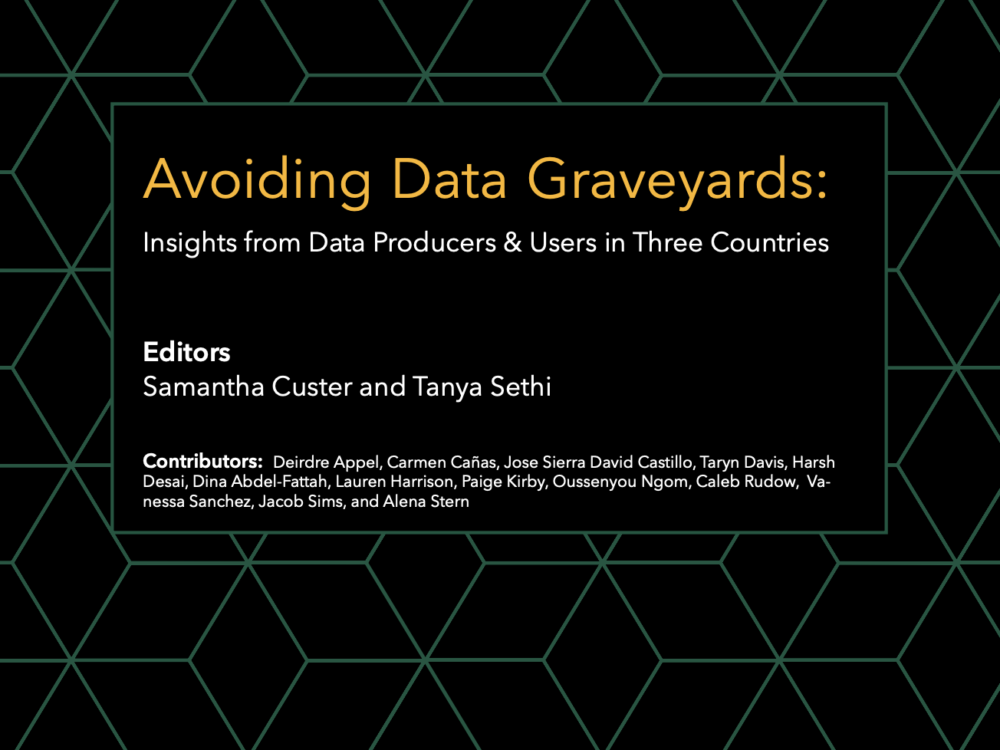
Demystifying Interoperability
This paper discusses, in practical terms, what goes into implementing interoperable solutions in partnership with public administrations. Based on 20+ years of DG’s experience, the paper demystifies key components needed to build robust, resilient, and interoperable data systems, focusing on the “how” of data standardization, data governance, and implementing technical infrastructure.

Evidence-Informed Policymaking: Education Data-Driven Decision Mapping in Kenya and Senegal
Development Gateway: An IREX Venture (DG) and our strategic partner IREX, supported by the William & Flora Hewlett Foundation, conducted a study of the education data systems in Kenya and Senegal. In our findings from this study, we underscore the necessity of a harmonized approach to education data management and share insights that provide a valuable roadmap for future reforms and investments in education data systems.

Tracking Climate Finance in Africa: Political and Technical Insights on Building Sustainable Digital Public Goods
In order to combat the effects of climate change, financing is needed to fund effective climate fighting strategies. Our white paper explores the importance of climate finance tracking, common barriers to establishing climate finance tracking systems, and five insights on developing climate finance tracking systems.

Lessons Learned from Visualizing Information on Seeds Using Technology in Africa (TASAI-VISTA)
This white paper highlights successes and challenges during the implementation of the Visualizing Information on Seeds Using Technology in Africa (TASAI-VISTA) program, as the project comes to a close. It details the data collection, analyses, and stakeholder engagement processes informing the development of a suite of digital tools designed for the TASAI team and outlines lessons learned throughout the project implementation.

Delivering Data Where it Counts
Based on case studies that document drivers and the value of subnational data programming, DG and DCLI have developed a set of principles for subnational data use. These principles – and the collection of case studies – are a living document

Managing for Feminist Results: Measuring Canada’s Feminist International Assistance
In 2017, Canada rolled out the world's first Feminist International Assistance Policy (FIAP). Through the Results Data Initiative (RDI), we worked with Global Affairs Canada - International Assistance (GAC-IA) to develop its FIAP M&E work plan, design a comprehensive FIAP M&E system to fit within its existing frameworks, and calculate pre-FIAP baseline values for all 26 indicators identified. This paper outlines the challenges and opportunities that development agencies may face when adopting new and/or feminist policies, and provides an overview of how other development agencies can integrate a feminist lens into their M&E frameworks.

Understanding Data Use: Building M&E Systems that Empower Users
Understanding Data Use: Building M&E Systems that Empower Users, emphasizes how critical it is for decision-makers to consider users’ decision space – from the institutional all the way to technical levels – in achieving data uptake.

Development Data & Decision Making Reports
In 2016, with our partners at the AidData Center for Development Policy, DG undertook three country studies exploring how development data influence decision-making in Timor-Leste, Honduras, and Senegal. The "Avoiding Data Graveyards" report details the findings of those studies.